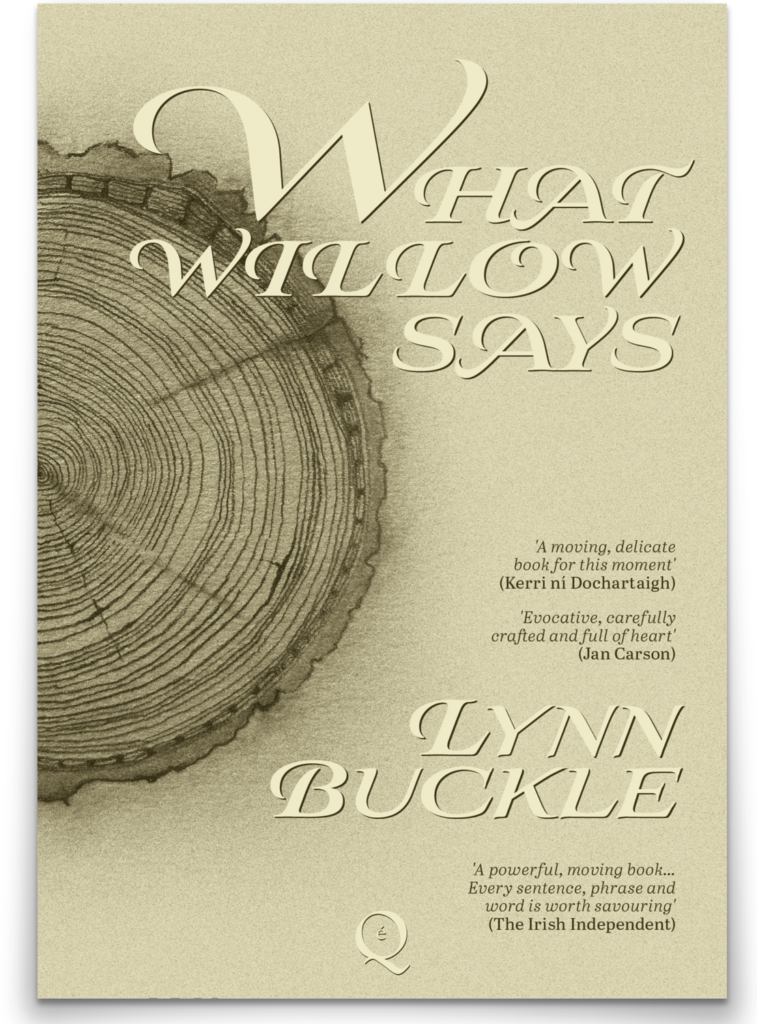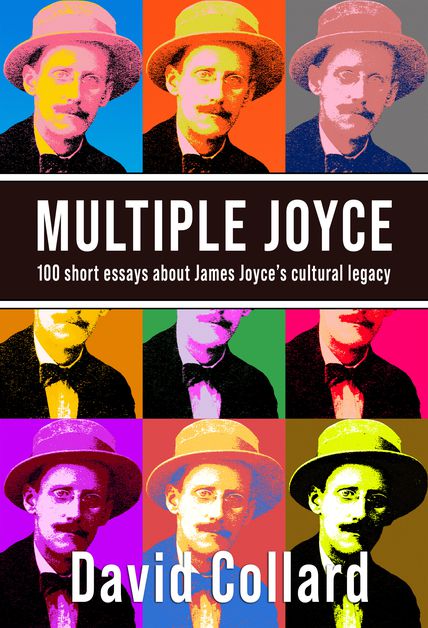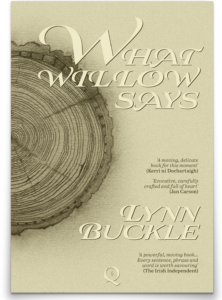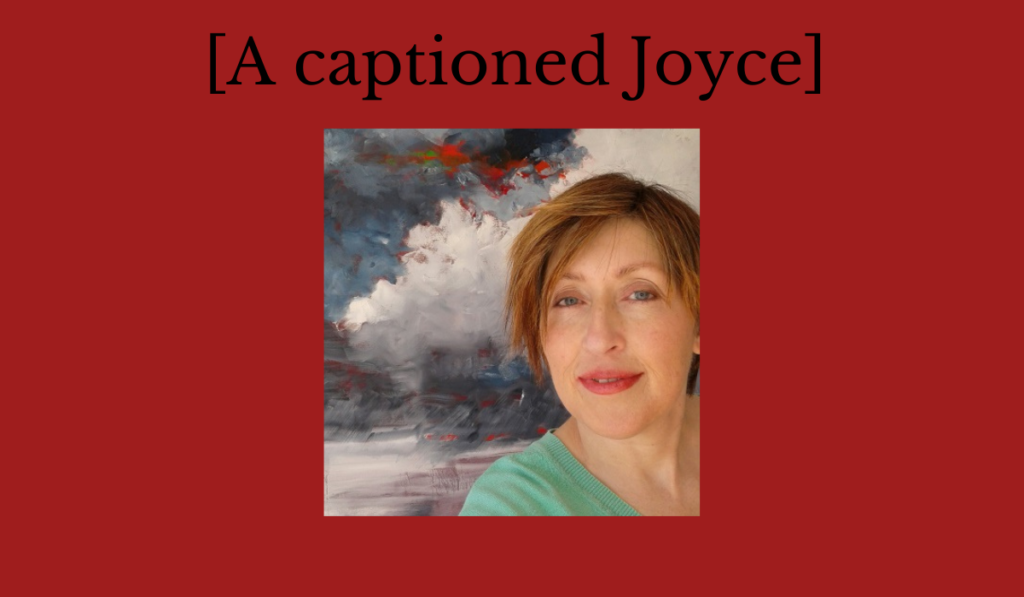
‘I have forever depended on context, lip-reading, and guesswork to fill-in the gaps and make sense of an aural world.‘
—Lynn Buckle, winner of the Barbellion Prize, on how Ulysses is designed for twenty-first century live captions.
By Lynn Buckle
I’m watching Joseph Strick’s 1967 film adaptation of Ireland’s most famous book Ulysses, with the novel on my lap.
It is screened during an online literary salon, on the centenary of the novel’s first full publication in Paris 1922. Both forms were met with censorship, both can be hard to interpret.
They remind me of the freedom James Joyce exercised in his writing, in creating a language for trains of thought, in assuming readers would follow and draw meaning from these inventions.
I regard some of his prose as a made-up dialect of the sub-conscious, with enough points of reference for understanding and a rhythm to sink and settle words long after the streams of thought have been absorbed.
As the black and white film scratches down my screen and actors whisper across a quainter Dublin, I rely upon Zoom’s automated captions to decipher their faded conversations.
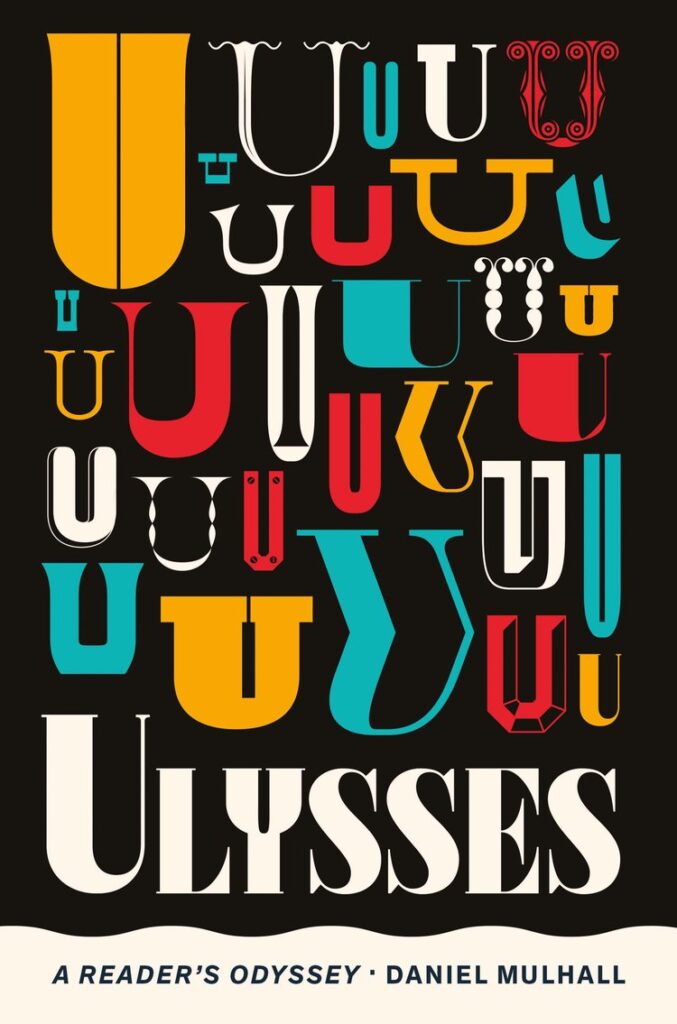
Irony in captions
Time has stripped much of the sound away and my hearing aids, at their best, allow only partial sentences to be heard. I have forever depended on context, lip-reading, and guesswork to fill-in the gaps and make sense of an aural world.
The concentration required to do this is huge. Not much different then to the concentration required for a close reading of Ireland’s most famous experimental text. It is a novel often started but rarely read to the end.
During the film, an auto-generated caption at the bottom of the screen reads
[molly fried monks mouths]
I do not know if these are Molly Bloom’s actual words, but they are followed by transcriptions too base even for the salacious Joyce. I get the gist. Ironically, and there is much irony in captions, another simply reads
[life presents]
in the face of explicit bawdiness. In these caption-runaways and self-censors, I see the free-will of artificial intelligence chasing streams of consciousness, creating its own in the process.
My eyes dart across the book’s pages, looking for correlations between print, screen, hearing aid, and captions.
Shape-shifting
The captions mirror the way I hear, in snippets or by mishearing. The Protean words slip and slide into new forms, provide new meanings, bounce towards or away from the original text
[screech from the greeks]
I imagine Joyce would have enjoyed seeing his words shapeshifting thus, that the mis-captions are an extension of his intent, or an intent run wild without their master’s hand to tame and frame his characters’ thoughts.
Heightened perception
Our online host for this evening, the literary critic and Joycean scholar David Collard, is concerned about the disparities in captioning.
He apologises to me for the rogue words and the gaps that captions leave behind. I tell him my perception is heightened by them, that they add to my enjoyment of both film and book.
The wild omissions, the long pauses, the numerous mis-captions require a letting-go of conventions, a trust in a process that results in new creative responses. Ulysses is designed for twenty-first century live captions.
The deaf American poet, professor Meg Day, writes that art should make ‘communication feel strange & fresh, not laborious or inequitable.’
Joyous image
A hundred years after Joyce wrote of Leopold Bloom and fifty-five years after Strick put him into film, Zoom’s auto-captions have created a new language, a new route into understanding his literary devices. Nearing the end of the film, a caption happens to accurately transcribe an actress’s words, the dreams of Molly Bloom as her thoughts near home
[the queer little streets and pink and blue and yellow houses]
And there is such clarity in that one sentence, taken out of context, such a joyous image, that it seems a shame to put it back into context. I choose not to confer more meaning unto you, dear reader, to diminish the line’s beauty.
There are many ways to enjoy the writings of James Joyce, but I invite you to experience the opacity of my approach in order to find clarity; through a 1960’s film, sound almost off, captions, and an open book. It will open your mind to Ulysses. We are almost home, we might even read Ulysses to the end.
[he had the footnote disease, make no mistake about that]
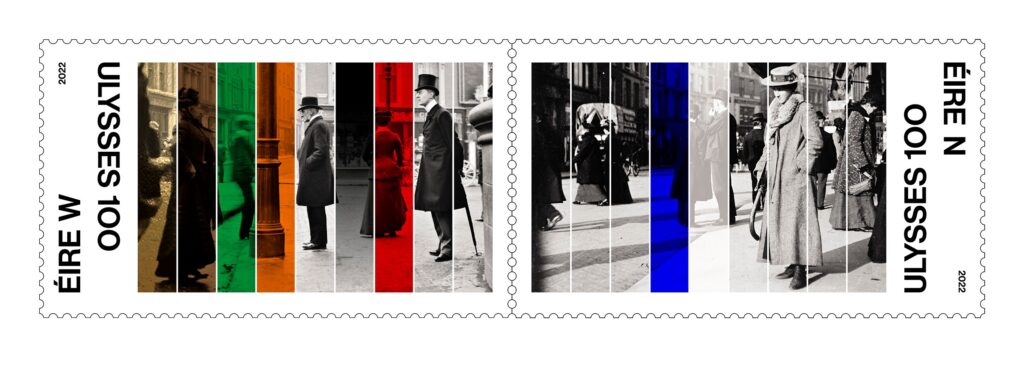
Lynn Buckle is the deaf Irish author of two novels What Willow Says (2021) and The Groundsmen (2018), both published by Époque Press. She is the winner of The Barbellion Prize, 2022.







